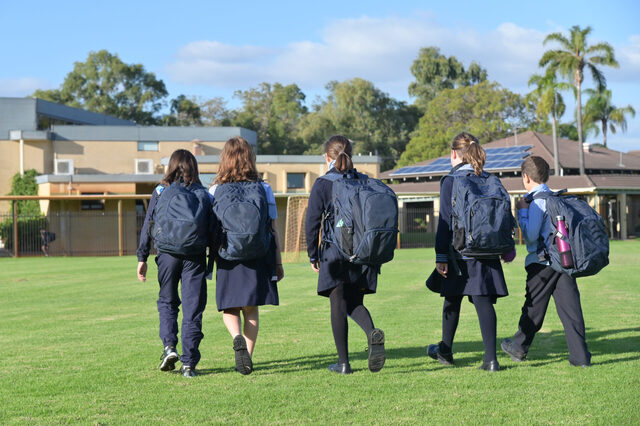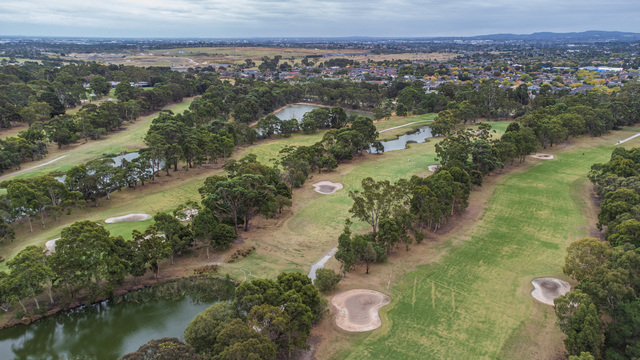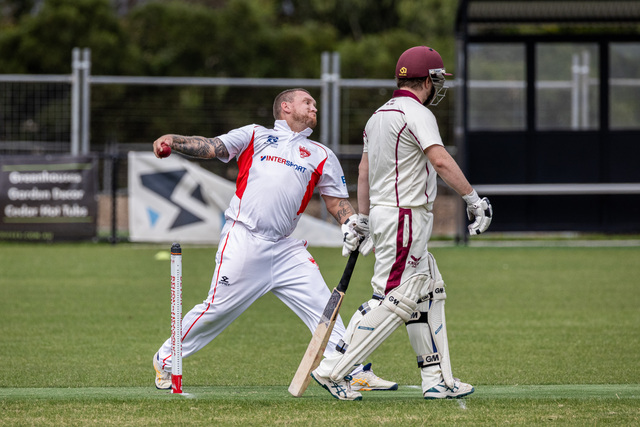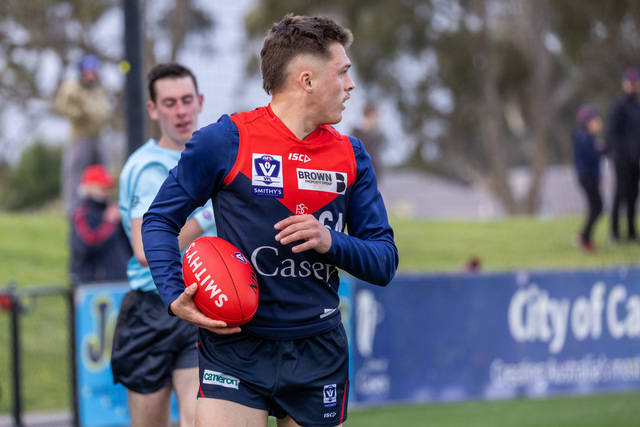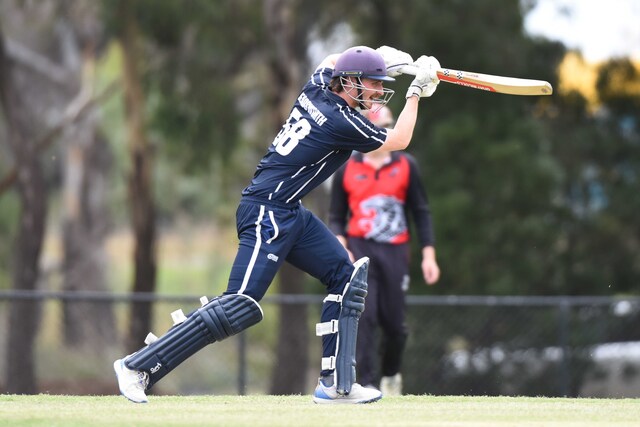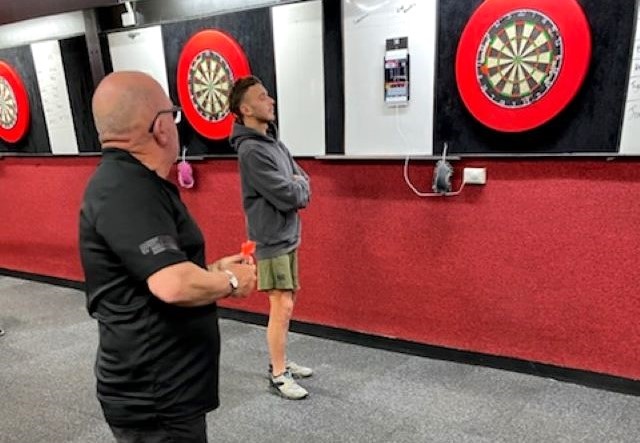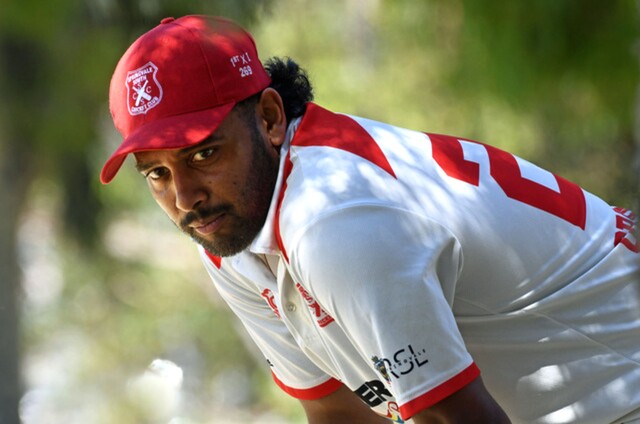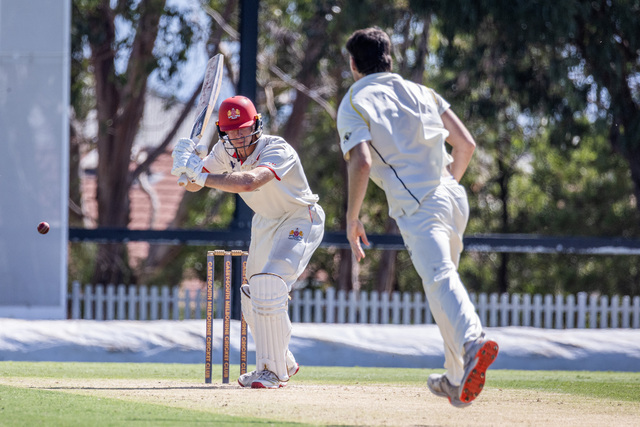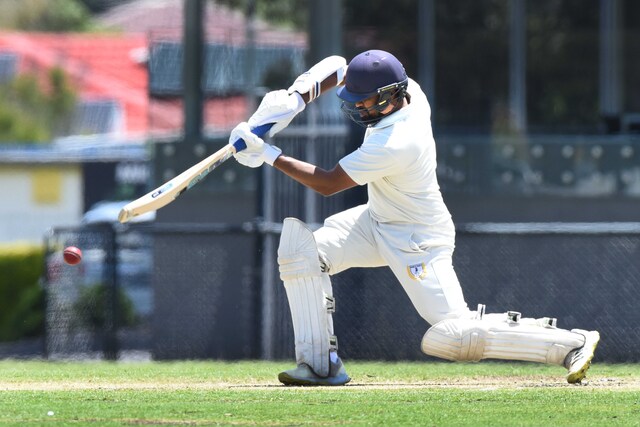By Alison Noonan
A SURVEY on the gambling habits of Cranbourne residents has revealed an alarming number of poker machine addicts.
Casey councillor Kevin Bradford said a recent mail out to 6000 homes showed nearly 60 per cent of respondents knew someone who was addicted to gambling from gaming machines.
The 10-question survey was designed to gauge the community’s views on gaming machines after council debated the number of machines in the area.
Questions included asking respondents how often they played the pokies to whether the State Government was doing enough to assist problem gamblers.
Cr Bradford said he was concerned by the high number of problem gamblers in the area and called for the State Government to take the survey results seriously.
“This is not just a small snapshot of Cranbourne,” Cr Bradford said.
“This shows there is a major problem.
“I plan to raise the matter in council if I am re-elected or pass the results onto the new ward councillor to raise in council.
“I will also give these figures to the Minister for Gaming and highlight the issue in a submission to the State Government’s Gaming Review Policy.”
Cr Bradford said 81 per cent of respondents believed there were too many gaming machines in Cranbourne and 73 per cent said the machines were having a negative effect on the community.
He said 96 per cent of residents didn’t want more machines introduced to Cranbourne, 86 per cent believed gaming venues should not be allowed on council owned land and 97 per cent did not want pokies near junior sporting facilities.
Cranbourne Information and Support Services manager, Leanne Petrides, said the figures reinforced the suspicions the service had held for a long time but could never prove.
“It is really difficult to collect data on gambling addiction because we find it is one of the hardest issues to talk about,” Ms Petrides said.
“People will talk about drug and alcohol addiction, marriage and relationship problems, but will rarely confess to gambling addiction.
“There is a lot of shame surrounding gambling and we can never really find out just how many people are affected because they don’t want to talk,” she said.
Ms Petrides believes more women are addicted to pokies than men, turning to the support service as a last resort.
“They come to us in absolute despair,” she said.
“They cry and feel completely wretched because they have lost control.
“Not just of their finances but their relationships and own sense of self.
“They are at the end of their tether.”
Ms Petrides said the data would be extremely beneficial when applying for funding or extra services as she would now have hard data to support her claims.
“I am hoping we can use the information to reinforce the things we’ve been saying and now when we apply for funding we will be backed up by hard data,” she said.
Survey reveals many addicted to the pokies
Digital Editions
-

Breakfast a piece of toast
**PAKENHAM’s Les Jones, a great man in every sense, is feeling a little ripped off after a recent breakfast purchase while volunteering in the off-field…




